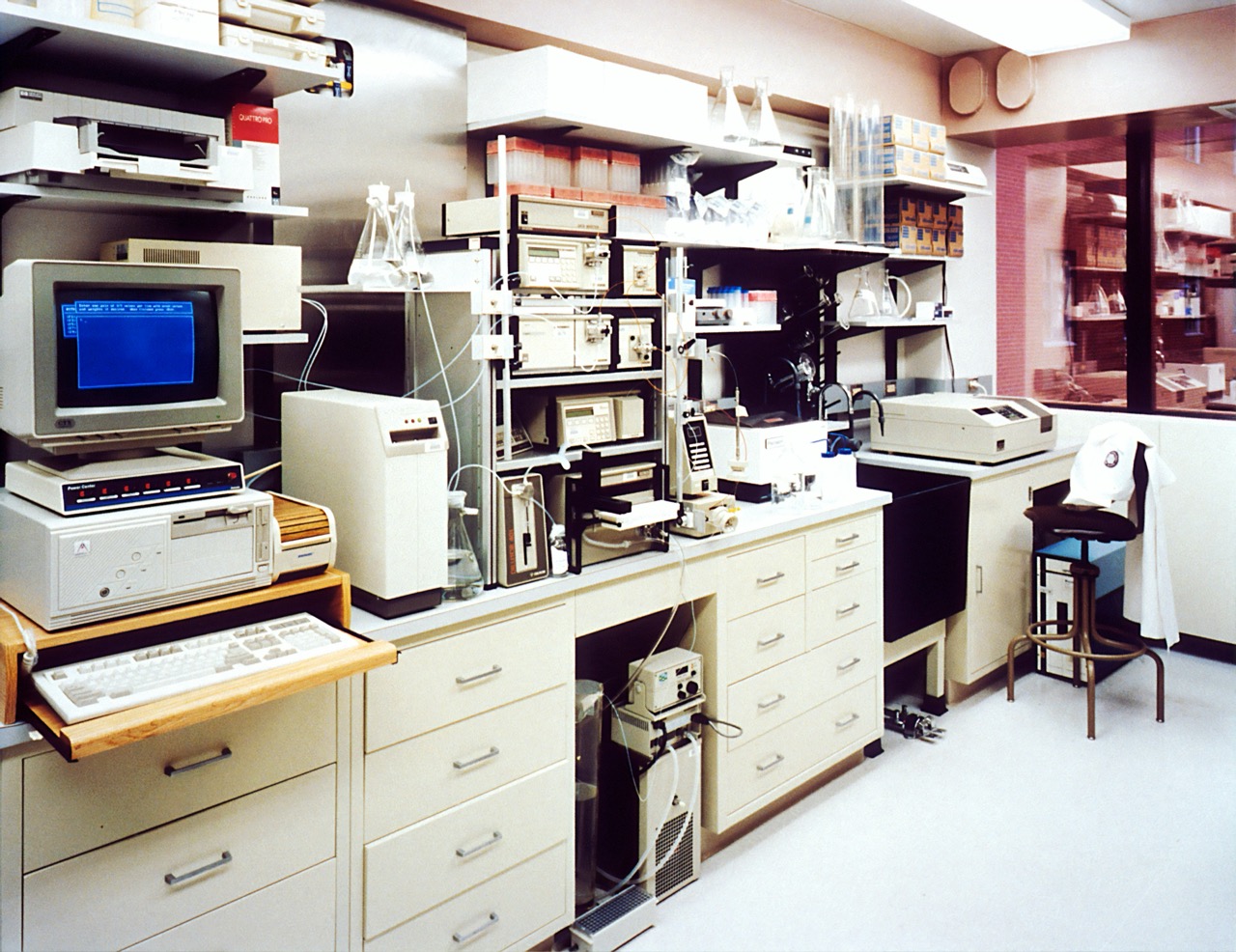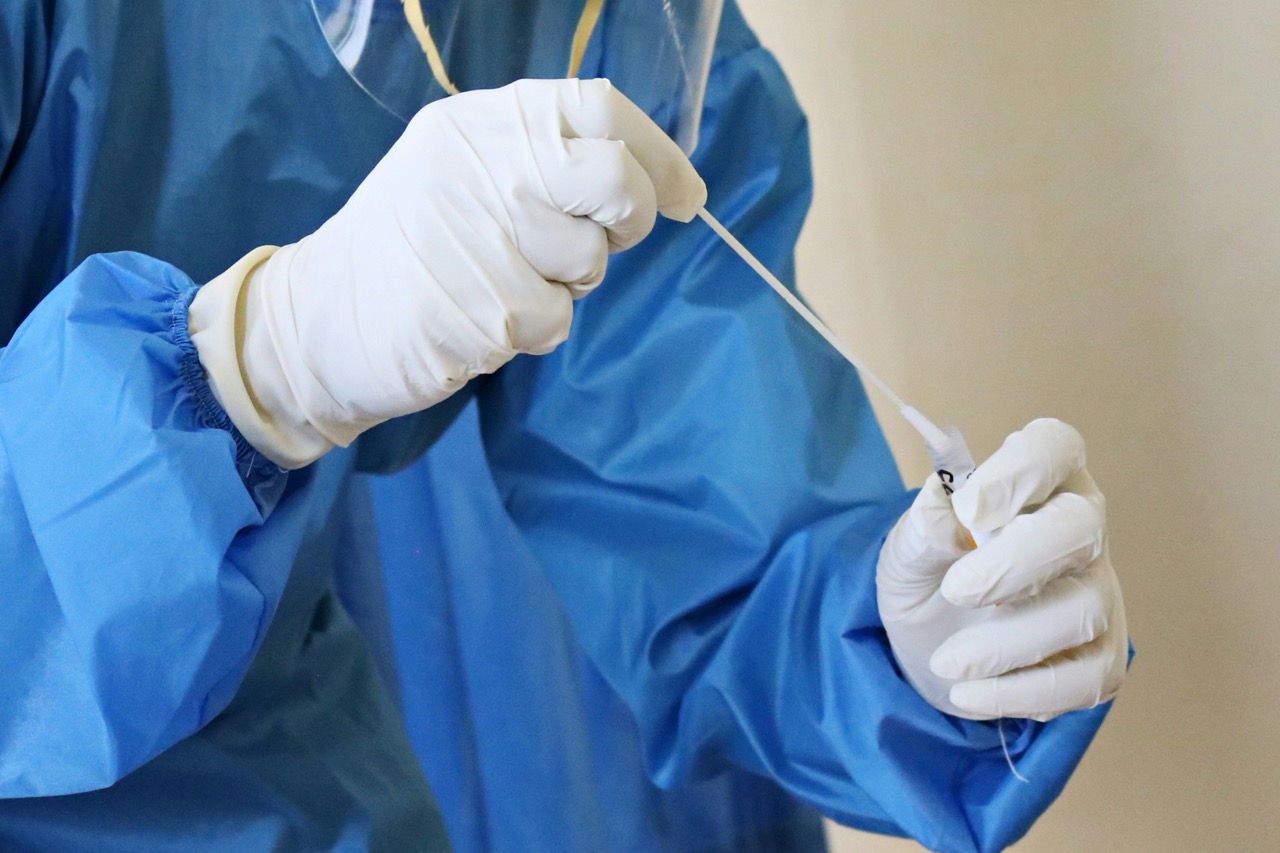===
Sexual health is an integral aspect of overall well-being, yet many individuals avoid discussing sexually transmitted diseases (STDs) and the importance of getting tested. Open dialogues about STDs can significantly reduce stigma and increase awareness, leading to healthier lifestyle choices. As friends, it’s vital to create an environment that encourages one another to prioritize sexual health, fostering a culture of responsibility and support. This article explores various strategies to effectively encourage friends to get tested for STDs, promoting a proactive approach to sexual health.
Understanding the Importance of STD Testing for Health
Regular STD testing plays a crucial role in maintaining both individual and public health. Early detection of STDs can prevent serious long-term health issues, including infertility and chronic pain. Moreover, knowing one’s STD status enables individuals to inform their sexual partners, reducing the risk of further transmission. By understanding the importance of STD testing, friends can advocate for each other’s health and well-being, emphasizing that it is a responsible action rather than a stigmatized one.
Additionally, STD testing contributes to broader public health efforts, as it helps in controlling outbreaks and minimizing the prevalence of STDs in communities. By encouraging friends to get tested, we contribute to a collective effort that promotes healthier relationships and reduces healthcare costs associated with untreated infections.
Common Misconceptions About STD Testing Explained
Misconceptions surrounding STD testing often deter individuals from seeking necessary healthcare. Many believe that only those who exhibit symptoms need to be tested, which is misleading; many STDs can be asymptomatic. This false belief perpetuates the cycle of transmission and increases the risk of complications for those who remain unaware of their status. Addressing these misconceptions is crucial to encourage proactive health behaviors among friends.
Another prevalent misconception is that STD testing is an invasive or uncomfortable process. In reality, many testing methods are simple, quick, and can even be conducted at home. By clarifying these misunderstandings, friends can foster a more informed perspective on STD testing, helping to alleviate fears and promote testing as a regular health practice.
The Role of Peer Influence in Health Behavior Change
Peer influence is a powerful tool when it comes to health behavior change. Friends often look to one another for guidance and reassurance, making it essential to cultivate a supportive network that values sexual health. Studies have shown that individuals are more likely to engage in preventive health behaviors, including STD testing, when encouraged by their peers. This collective approach can motivate friends to prioritize their sexual health and the well-being of those around them.
Furthermore, when friends openly discuss health-related topics, it normalizes the conversation around sexual health. By sharing information and experiences, friends can create a culture where seeking healthcare is viewed as a sign of strength rather than weakness. This shift in perception can significantly impact an individual’s willingness to get tested.
Strategies for Initiating Conversations About STDs
Starting a conversation about STDs can feel daunting, but there are effective strategies to facilitate these discussions. One approach is to introduce the topic casually, perhaps by referencing a relevant news article or public health campaign. This can create an opening for a more in-depth conversation about the importance of regular testing and sexual health awareness.
Another strategy is to frame the conversation around personal health and wellness rather than focusing solely on STDs. By emphasizing the overall benefits of being proactive about health, such as improved relationships and peace of mind, friends may feel more comfortable engaging in the discussion. This reframing can help reduce any apprehension related to the topic.
Creating a Safe Space for Discussing Sexual Health
Establishing a safe and non-judgmental environment is crucial for meaningful discussions about sexual health. Friends should strive to create a space where everyone feels comfortable sharing their thoughts and concerns regarding STDs. This can involve actively listening, validating feelings, and ensuring that conversations remain confidential.
Creating such an environment also means being empathetic and understanding towards one another’s experiences. By acknowledging that sexual health is a personal and sometimes sensitive topic, friends can foster a supportive atmosphere that encourages open dialogue and reduces stigma.
How to Share Personal Experiences Effectively
Sharing personal experiences with STD testing can be a powerful way to encourage friends to take similar steps. When discussing your own experiences, focus on the positive aspects and benefits you gained, such as increased awareness and peace of mind. Relating personal anecdotes can humanize the topic, making it more relatable and less intimidating for others.
It’s also essential to be honest about any fears or challenges you faced during the testing process. Sharing vulnerabilities can help others feel less alone in their concerns, while also reinforcing that seeking help is a normal part of maintaining health. This authenticity can inspire friends to view testing as a shared experience rather than an isolated one.
Providing Resources for STD Testing Locations and Costs
Access to resources is critical for encouraging friends to get tested for STDs. Providing information about local testing centers, clinics, or mobile units can make the process more accessible. Additionally, sharing details about online testing options and at-home kits can offer convenience and privacy, further motivating friends to take action.
Cost can be a significant barrier to testing. By researching and sharing information about low-cost or free testing options, as well as insurance coverage, friends can alleviate concerns related to affordability. Empowering individuals with this knowledge ensures they feel supported in taking charge of their sexual health.
Encouraging Open Dialogue About Sexual Health Practices
Encouraging open dialogue about sexual health practices goes hand in hand with advocating for STD testing. Discussing topics such as consent, safe sex practices, and the importance of communication with partners can create a holistic understanding of sexual health. This broader conversation normalizes discussions about STDs, making it easier for friends to feel comfortable addressing their testing status.
Moreover, fostering an environment where sexual health practices are discussed openly can lead to increased awareness and education. Friends who are well-informed are more likely to engage in safe practices and seek testing when necessary, creating a ripple effect of positive health behavior within the social network.
Addressing Concerns About Privacy and Confidentiality
Concerns about privacy and confidentiality often deter individuals from seeking STD testing. Addressing these concerns upfront can help alleviate fears and encourage friends to prioritize their sexual health. Providing information about the confidentiality policies of testing facilities and emphasizing the discreet nature of many testing options can empower friends to take the necessary steps.
It’s also essential to remind friends that discussions about STD testing and sexual health should remain confidential within the group. By reinforcing the importance of privacy, friends can foster trust and create a secure environment where everyone feels comfortable seeking help and discussing their health concerns.
Highlighting the Benefits of Regular Testing for Everyone
Highlighting the benefits of regular testing can serve as a powerful motivator for friends to get tested for STDs. Regular testing helps individuals maintain their sexual health, reduces anxiety, and promotes responsible sexual practices. By emphasizing that testing is a routine part of health maintenance, friends can normalize the process and alleviate any misconceptions about who should be tested.
Additionally, regular testing is beneficial for partners as well. Knowing one’s status can lead to healthier relationships and foster open communication between partners. Friends can encourage one another to view testing as an essential aspect of caring for both their own health and the health of their sexual partners.
Utilizing Social Media to Promote STD Awareness Campaigns
Social media can be an effective platform for promoting STD awareness and encouraging testing among friends. Sharing informative articles, infographics, and personal stories can help raise awareness and foster conversations about sexual health. Effective use of social media can break the stigma surrounding STDs, making the topic more approachable and relevant.
Creating or participating in awareness campaigns can further amplify these efforts. By engaging friends and encouraging them to share content, you can create a ripple effect that reaches a wider audience. This collective approach not only promotes testing but also cultivates a community that values health and well-being.
Following Up: Keeping the Conversation About Health Going
Promoting STD testing is not a one-time conversation; it requires ongoing dialogue and support. Following up with friends after discussions about testing can reinforce its importance and demonstrate your commitment to their health. Check in periodically to see if they have pursued testing or if they have any further questions or concerns.
Maintaining open lines of communication about sexual health can lead to sustained interest in regular testing. By celebrating positive steps taken and providing continuous support, friends can cultivate a culture of health awareness and responsibility, ultimately benefiting everyone involved.
===
Encouraging friends to get tested for STDs is a significant step towards promoting overall sexual health and well-being. By understanding the importance of testing, addressing misconceptions, and creating a safe space for discussion, we can foster an environment where sexual health is prioritized. Through open dialogue, resource sharing, and utilizing social media, we can collectively reduce the stigma surrounding STDs and encourage responsible health behaviors. Ultimately, the goal is to empower one another to make informed decisions about our sexual health and to support each other in this essential aspect of well-being.










